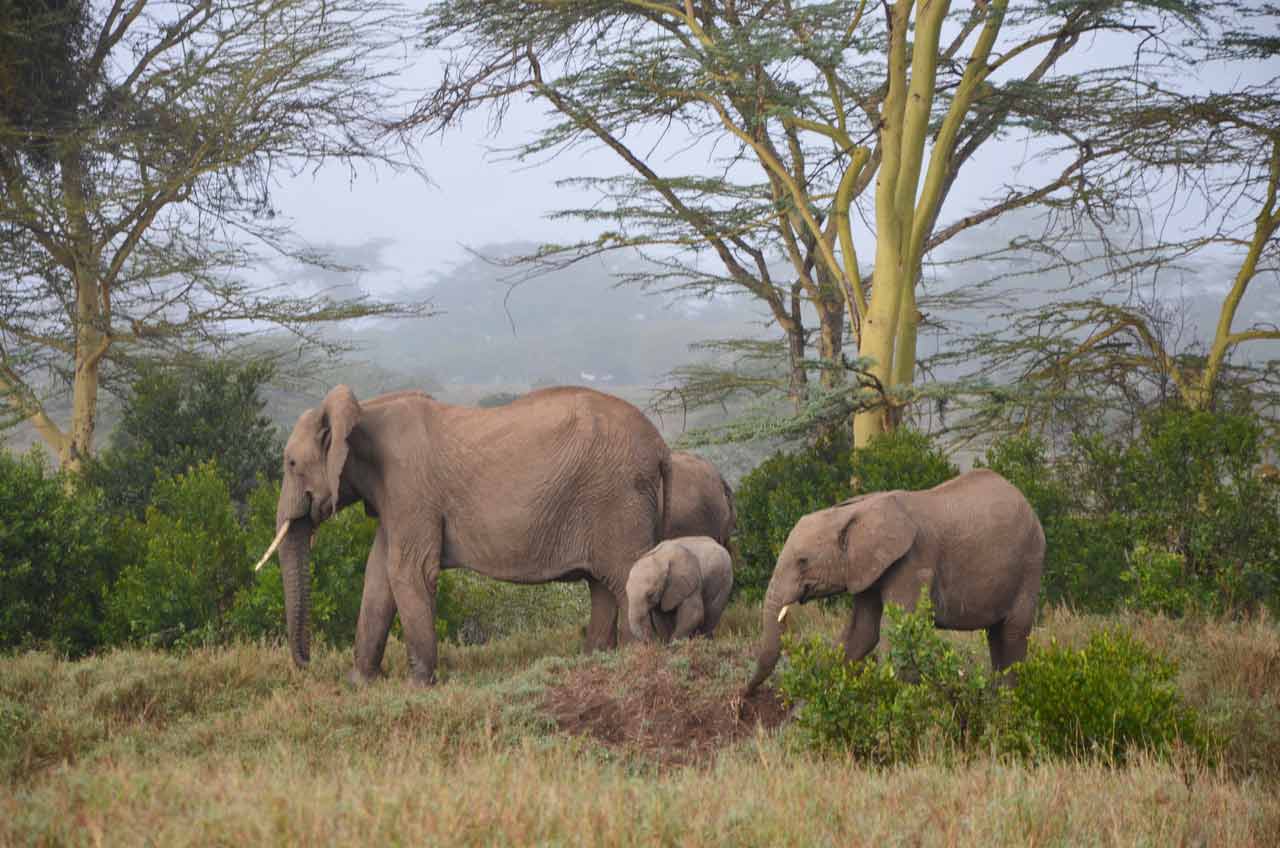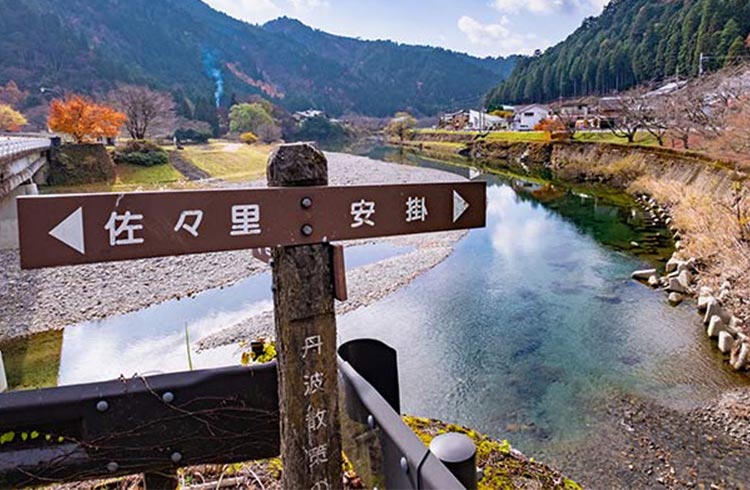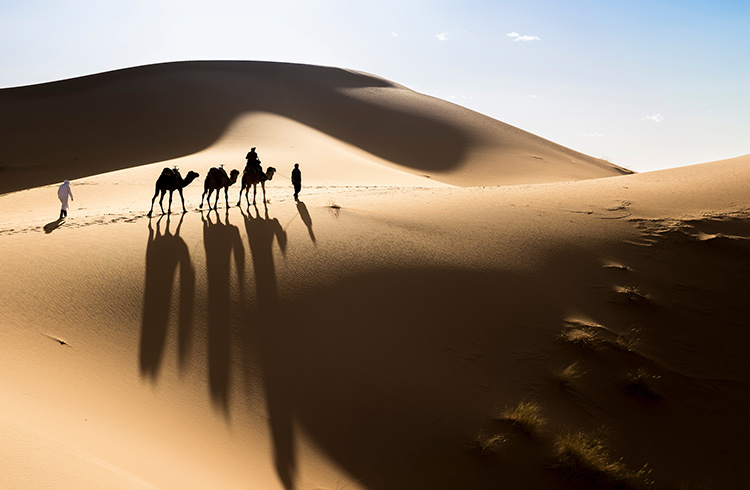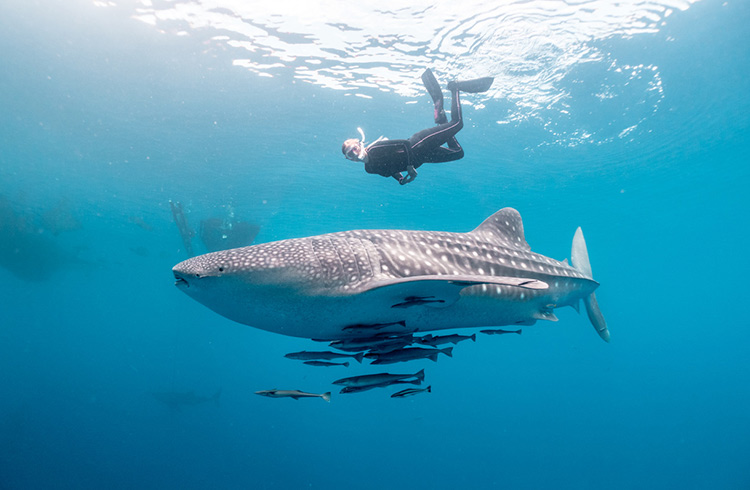Why the Travel Choices You Make Matter
Meaningful travel experiences needn't cost the earth. With world tourism almost back to normal, it’s time to become more responsible travelers.
 Photo © Joanna Tovia
Photo © Joanna Tovia
Until the coronavirus (COVID-19) stopped us in our tracks, more of us were traveling than ever before. In 1999, there were 639 million international tourist arrivals; in 2019, that figure ballooned to 1.5 billion, according to the UN World Tourism Organization (UNWTO), topping off a decade of sustained growth in tourism. China had overtaken the United States as the biggest source market for tourism, with travelers shifting from a focus on shopping to a preference for beautiful destinations and exclusive experiences.
To the growing global middle class, travel was no longer the out-of-reach luxury it once was. As the barriers to travel diminished, our desire to explore the world increased. An increase in the number of airlines and flights made it easier and cheaper to get to once-exotic places; websites, blogs and social media made it a snap to research what to do in your destination; an increase in operators made it easier to find a tour to fit your travel style and budget. We never had so much choice.
Once our basic needs have been met, experiences are more fulfilling than material possessions for our long-term happiness. For many of us, traveling is the ultimate experience. The modern traveler is not looking to tick a box but to be transformed by the world and its people.
The dark side of tourism
Unfortunately, it’s not a one-way street. The planet has felt the impact of this trillion-dollar industry. Tourism-related transport is expected to contribute 5.3% of all man-made carbon emissions by 2030, according to a December 2019 report from the UNWTO and the International Transport Forum (ITF). A more holistic report published in Nature Climate Change puts the overall carbon footprint – taking into consideration food, accommodation, shopping and activities, as well as transport – at 8% of global carbon emissions.
On top of emissions, destinations are also facing a barrage of problems associated with over-tourism. Waste management, plastic pollution, the degradation of ecosystems and the wearing down of historic monuments have led some cities and national parks to impose limits on tourist numbers or increased entry fees.
Before COVID-19, Barcelona residents had protested against over-tourism in the streets, pleading with the government to curb visitor numbers. In 2017, the government of Iceland asked its visitors to take the ‘Icelandic Pledge’, vowing to be a ‘responsible tourist’, camping only in campsites and leaving destinations as they found them.
Similarly, New Zealand invites travelers to take the Tiaki Promise to “care for the land, sea nature, treading lightly and leaving no trace; travel safely, showing care and consideration for all; and to respect the culture, traveling with an open heart and mind.”
In terms of economic impacts, the model of mass tourism sees revenue diverted away from local communities into the coffers of multinational companies – cruise companies and giant hotel chains, in particular.
Slower, softer, kinder
It’s enough to make any environmentally and socially aware traveler think twice about jumping on a plane. We’re more aware of climate change than ever before, and nearly three-quarters of us want to do our bit while traveling, according to Booking.com’s 2019 sustainable travel survey. But with natural wonders and historic landmarks under threat from human popularity, we need to re-evaluate how we travel to ensure they are preserved for the next generation.
We also want to be kinder to one another, as well as the environment. Political correctness has morphed into a more compassionate way of being, a mindset that focuses on our similarities rather than our differences.
The ethical traveler seeks to show respect to people as well as animals. This means avoiding animal-based tourist attractions and any encounters marketed as ‘up close and personal’. Riding elephants may have been acceptable once, but it is now one of the most denounced practices in tourism, criticized for its barbarous and inhumane methods.
For all its problems, however, traveling is not something we should stop. COVID-19 showed us what a world without tourism looks like and, beyond the few optimistic headlines – such as Venice’s clear canals – it’s a sad picture. In an industry responsible for 330 million jobs globally, the wide-reaching ramifications have affected everything from multinational airlines to village farmers wholly reliant on tourism for their income.
Our world is too interconnected to simply stay at home, our minds too curious to be content in only our backyards. We find so much joy in travel. We love to travel. And that’s OK.
A second chance
Amid the devastation, the recent pandemic has also given us an opportunity to look at how we could be better travelers in the future. Tourism will be a vital aspect of global recovery, and while it may take years to return to the growth of the 2010s, it’s time to ask what we can do better this time around.
Although aviation technology has become more fuel-efficient in past decades, the sheer number of us taking off and landing (the most energy-dense parts of the process) cancels out any overall benefits. In 2019, flygskam – Swedish for ‘flight shame’ – entered the global lexicon and its influence is here to stay.
In the post-coronavirus world, we’ll look for other means of travel or flying greener when planes are simply unavoidable. Once we’re at our destination, we’ll choose to go slow and delve deep, rather than rush through ‘the highlights’. We’ll stay local, eat local and see the local perspective.
The pandemic revealed that we are more of a global community than we realized, and it’s time to travel with a community mindset. It starts by asking ourselves some questions: How can I contribute to the community of my destination in a meaningful way? How can I be a guest rather than a traveler passing through?
A world worth fighting for
One of the biggest choices we make when traveling is where we spend our money. Responsible travelers are seeking out authentically eco-friendly accommodation providers and ethical operators. Finding out which suppliers support your beliefs is not always clear-cut – there are dozens of ‘eco’ accreditation schemes and most of them are extremely costly for providers – but it pays to do your research to find out how your dollar can do the most good (or the least harm).
Today’s responsible citizens are taking their holistic beliefs and habits with them on their travels, from saving water to reducing plastic. It’s not enough for hotels to get rid of straws and miniature toiletries; travelers are helping to eliminate the build-up of single-use plastic by bringing their own water-purifying bottles. They’re flying less, packing lighter, bringing reusable, choosing local and living by personal guidelines such as World Nomads’ Responsible Traveler’s Manifesto.
For too long, global, mass travel has been about taking. Now, it’s time to give. The more we make responsible choices on the road, the more these choices will become the norm. Our simple actions today will have a massive consequence in the future and may mean the difference between the preservation and the destruction of the landscapes and landmarks we love so dearly for the generations to come.
Related articles
Simple and flexible travel insurance
You can buy at home or while traveling, and claim online from anywhere in the world. With 150+ adventure activities covered and 24/7 emergency assistance.
Get a quote


No Comments